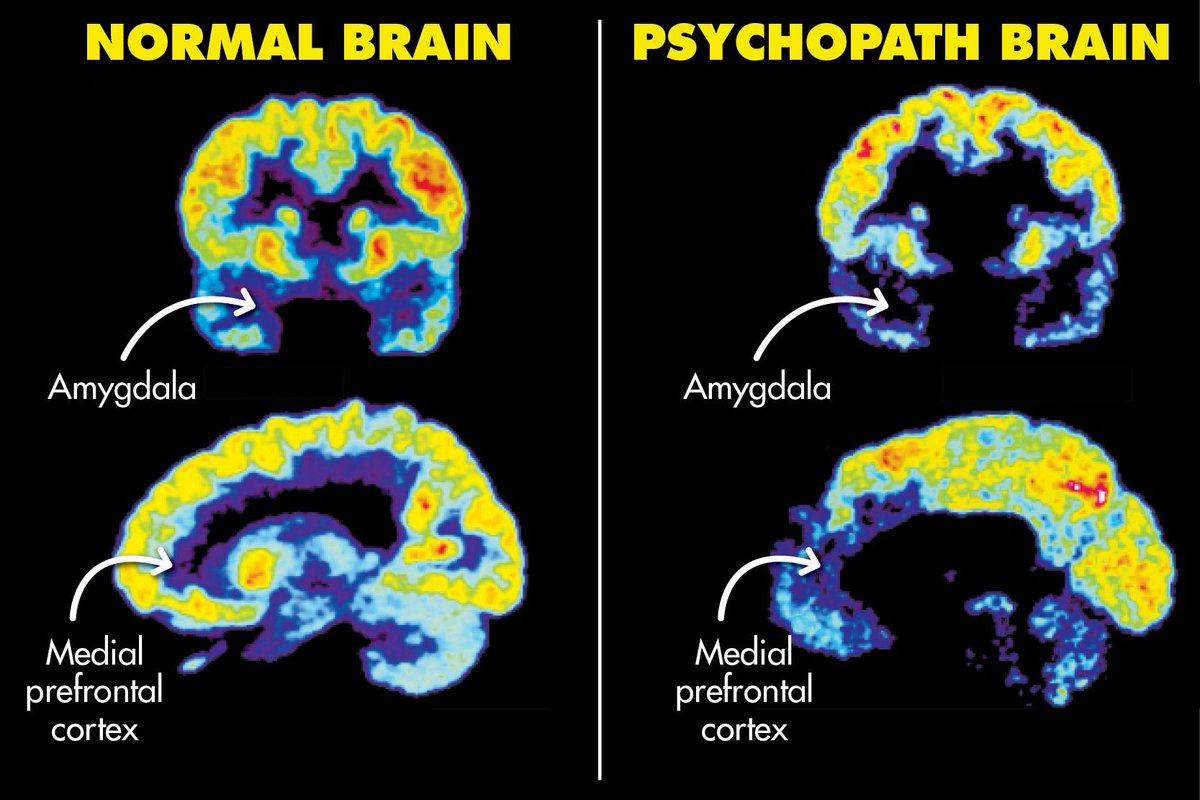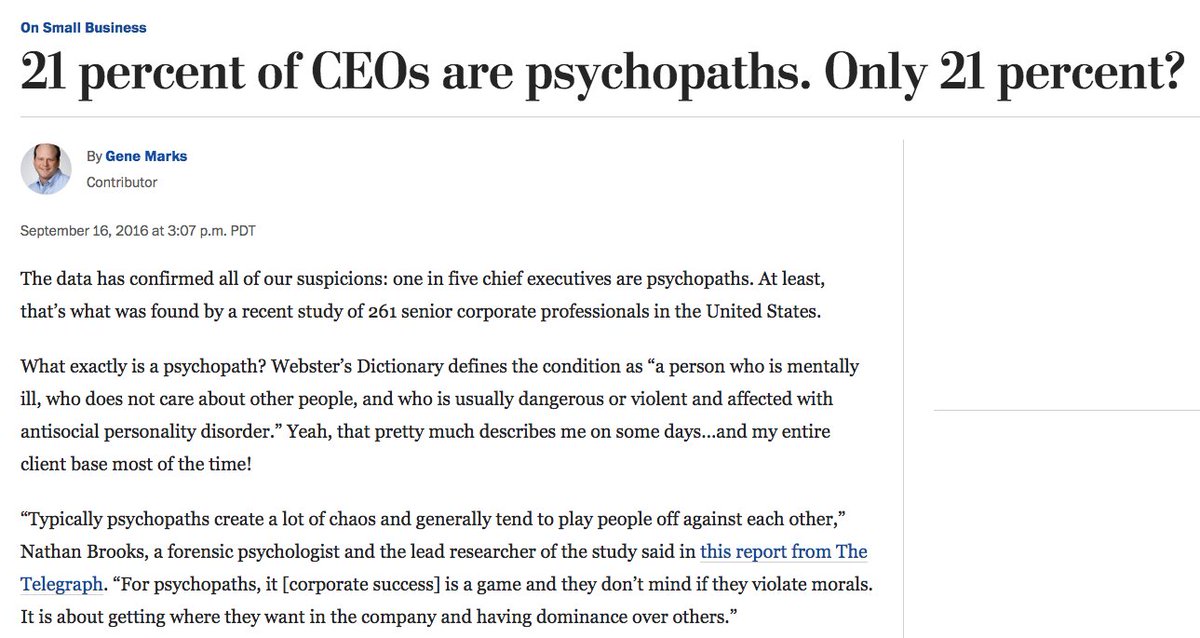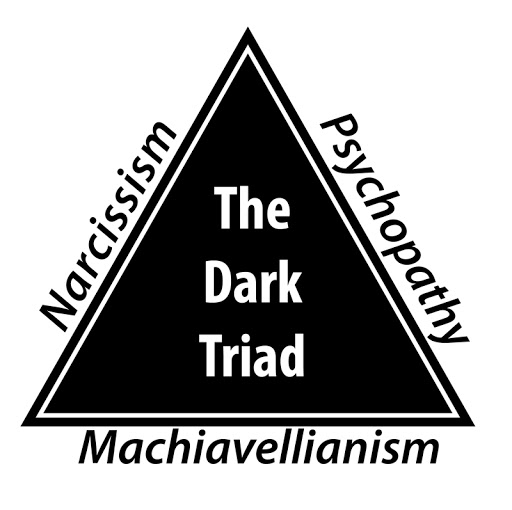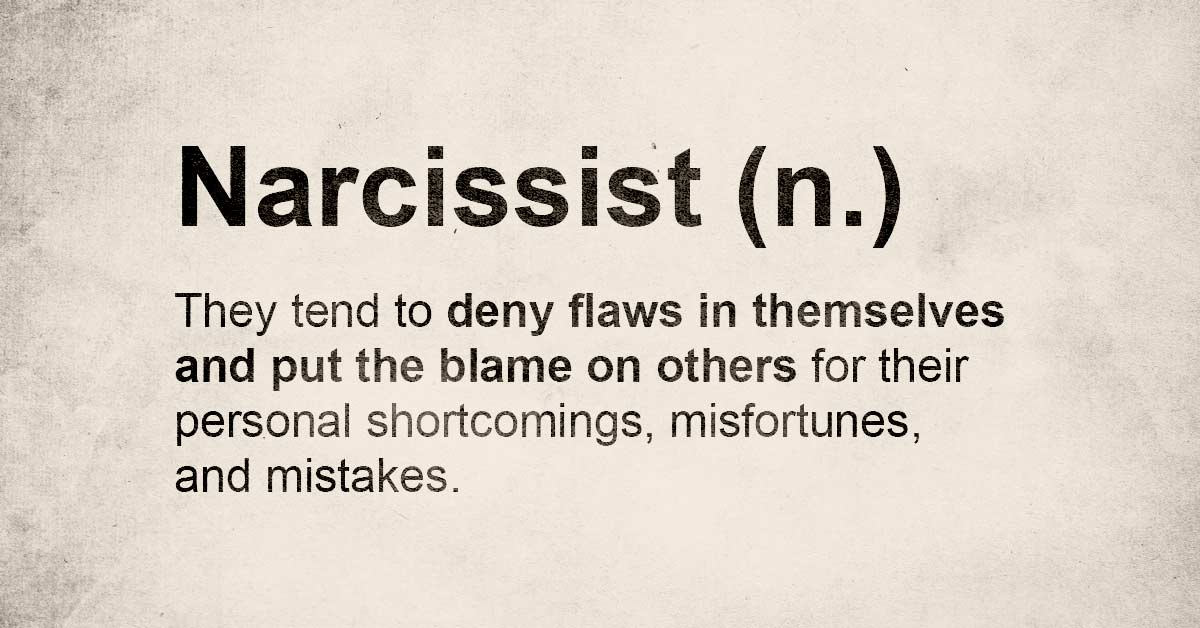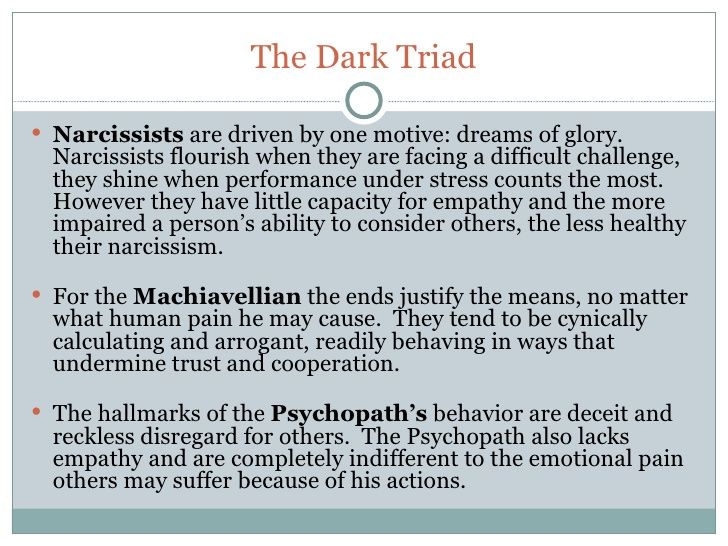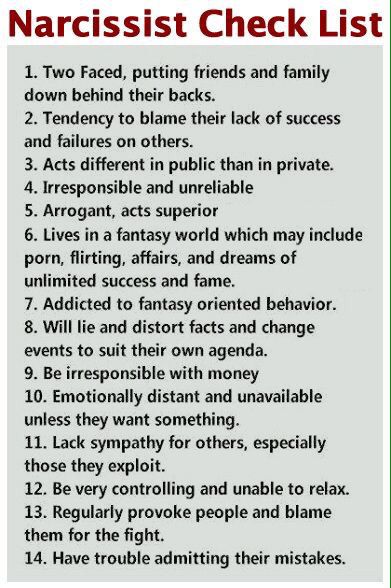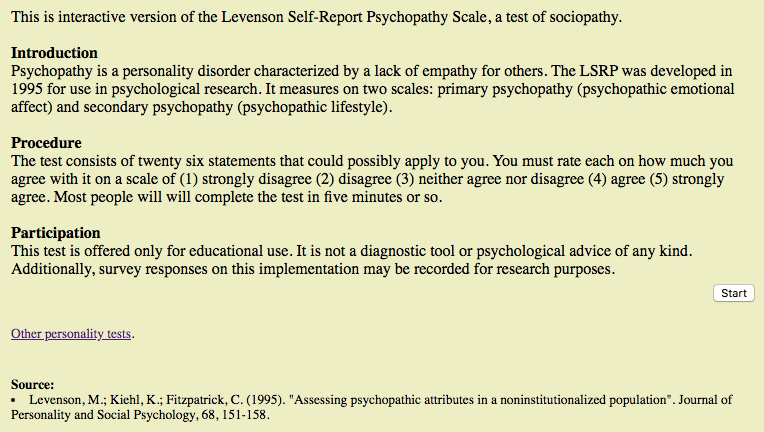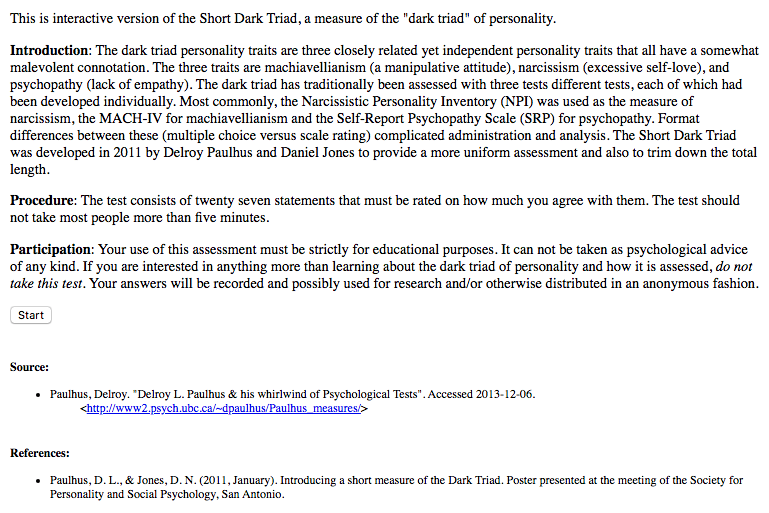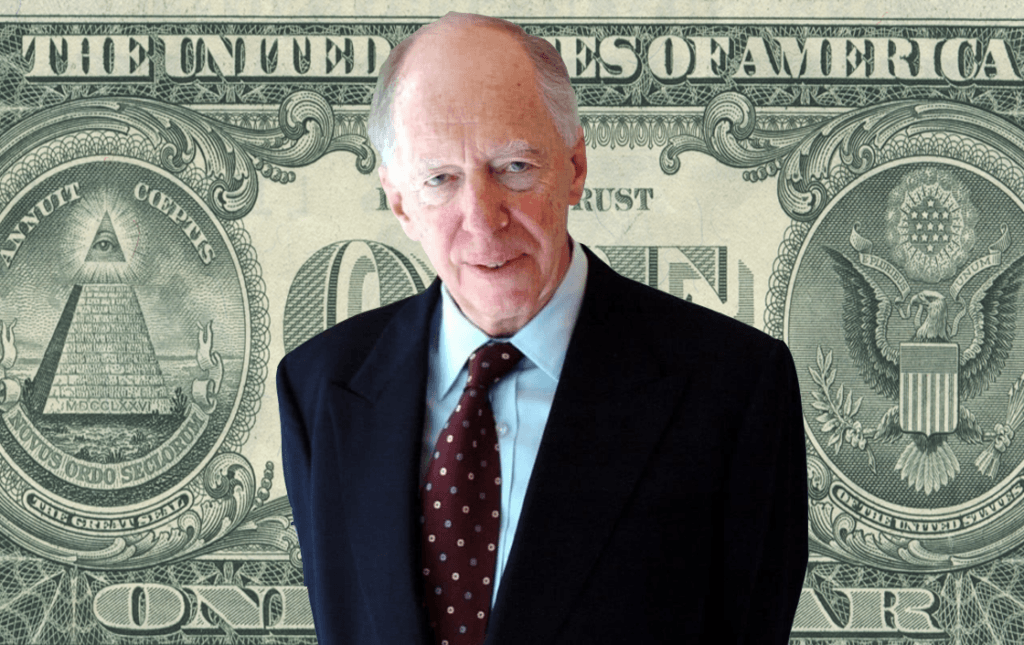Thread: Psychopathy
1) psychopathy (noun) - A personality disorder characterized by deceitfulness, manipulation, grandiosity, lack of empathy or guilt, and often aggressive or violent behavior.
https://www.yourdictionary.com/psychopathy#websters
1) psychopathy (noun) - A personality disorder characterized by deceitfulness, manipulation, grandiosity, lack of empathy or guilt, and often aggressive or violent behavior.
https://www.yourdictionary.com/psychopathy#websters
2) Psychopaths are characterized by a lack of empathy and the dulling of other affective states. They are able to be highly manipulative due to a combination of characteristics such as callousness, detachment and lacking empathy.
https://www.psychologytoday.com/us/basics/psychopathy
https://www.psychologytoday.com/us/basics/psychopathy
3) Since psychopaths can appear totally normal and even charming on the surface, it is one of the most difficult disorders to spot. However, on the inside they completely lack a conscience. They are often inclined to criminal behavior, although certainly not always.
4) Adult psychopathy is essentially resistant to treatment, although programs do exist to treat callous, unemotional youth in the hopes of preventing them from morphing into psychopaths as adults.
5) The terms “psychopath” and “sociopath” are often used interchangeably, but they don’t quite mean the same thing. A sociopath is a person with antisocial tendencies that are due to social and environmental factors, whereas psychopathic traits are thought to be more intrinsic.
6) Nevertheless, a violent or chaotic upbringing may push someone over the edge into psychopathy if that person was already predisposed to meanness and remorselessness.
7) Brain anatomy, genetics and environment are all contributing factors towards the development of psychopathic traits.
8) The 20-item Hare Psychopathy Checklist, which features traits associated with psychopathy, is used to diagnose the disorder. Each item is scored on a three-point scale based on whether the item doesn't apply (0), applies to a certain extent (1), or fully applies (2).
9) Scores can range from a minimum of 0 (no psychopathy) to a maximum of 40 (extreme psychopathy). The bar for clinical psychopathy is a score of 30 or above. Serial Killer Ted Bundy had a score of 39.
10) The checklist, which was developed by Canadian researcher Robert Hare in the 1970s, includes the following characteristics:
-glibness/superficial charm
-grandiose sense of self-worth
-need for stimulation/proneness to boredom
-pathological lying
-conning/manipulative
-glibness/superficial charm
-grandiose sense of self-worth
-need for stimulation/proneness to boredom
-pathological lying
-conning/manipulative
11) checklist (con’t)
-lack of remorse or guilt
-shallow affect (reduced emotional response)
-callous/lack of empathy
-parasitic lifestyle
-poor behavioral controls
-promiscuous sexual behavior
-early behavioral problems
-lack of realistic, long-term goals
-impulsivity
-lack of remorse or guilt
-shallow affect (reduced emotional response)
-callous/lack of empathy
-parasitic lifestyle
-poor behavioral controls
-promiscuous sexual behavior
-early behavioral problems
-lack of realistic, long-term goals
-impulsivity
12) checklist (con’t)
-irresponsibility
-failure to accept responsibility for one’s own actions
-many short-term marital relationships
-juvenile delinquency
-revocation of conditional release (from prison)
-criminal versatility (commits diverse types of crimes)
-irresponsibility
-failure to accept responsibility for one’s own actions
-many short-term marital relationships
-juvenile delinquency
-revocation of conditional release (from prison)
-criminal versatility (commits diverse types of crimes)
13) Psychopaths are quite different from the stereotypical homicidal maniac that Hollywood tries to portray as such. In reality, they are far more difficult to spot, and the majority of them aren’t criminals (or, as in the case of our politicians, they just haven’t been caught).
14) A true psychopath is diagnosed according to very specific clinical criteria. Roughly 1% of the population is certifiably psychopathic. That number jumps up to 25% for the prison population.
15) Gardiner Morse, senior editor at Harvard Business Review, writes of executive psychopaths: “What stands out about bona fide psychopaths is that they’re so hard to spot. They’re chameleons…”
https://hbr.org/2004/10/executive-psychopaths
https://hbr.org/2004/10/executive-psychopaths
16) “…They have a cunning ability to act perfectly normally and indeed to be utterly charming, as they wreak havoc on the lives of the people around them and the companies they inhabit.”
17) Morse continues: “Many of psychopaths’ defining characteristics — their polish, charm, cool decisiveness, and fondness for the fast lane — are easily, and often, mistaken for leadership qualities. That’s why they may be singled out for promotion…”
18) “…But along with their charisma come the traits that make psychopaths so destructive: They’re cunning, manipulative, untrustworthy, unethical, parasitic, and utterly remorseless. There’s nothing they won’t do, and no one they won’t exploit, to get what they want.”
19) From Morse’s apt description, it’s easy to see why psychopaths can easily rise through the ranks in the fields of law, medicine, business and politics, just to name a few.
20) The wrong psychopath in the wrong position in society could have a profoundly destructive impact on a very large number of people – even entire populations.
21) Although psychopaths do make up approximately 1% of the general population, that figure does not hold for people in high-power positions; the percentage doubles or even quadruples for fields such as business leaders, lawyers and surgeons.
22) The Washington Post is typically a flaming dumpster fire of progressive garbage, but occasionally you will find the odd readable article, such as this one. It reports on a study that found one in five CEOs to be psychopaths.
https://www.washingtonpost.com/news/on-small-business/wp/2016/09/16/gene-marks-21-percent-of-ceos-are-psychopaths-only-21-percent/
https://www.washingtonpost.com/news/on-small-business/wp/2016/09/16/gene-marks-21-percent-of-ceos-are-psychopaths-only-21-percent/
23) The ten careers which reportedly have the most psychopaths are:
1) CEO
2) Lawyer
3) Media (television/radio)
4) Salesperson
5) Surgeon
6) Journalist
7) Police officer
8) Clergy
9) Chef
10) Civil servants
https://www.alternet.org/2015/06/10-careers-most-psychopaths/
1) CEO
2) Lawyer
3) Media (television/radio)
4) Salesperson
5) Surgeon
6) Journalist
7) Police officer
8) Clergy
9) Chef
10) Civil servants
https://www.alternet.org/2015/06/10-careers-most-psychopaths/
24) Interestingly, bankers and politicians weren’t in the top ten; I had a hunch that they would occupy the top two spots. Nevertheless, I can’t argue against the fact that these professions indeed consist of many psychopaths – and that is a scary thought.
25) This is why it’s always important to have good discernment. It’s never a good idea to take leaders, corporate executives, politicians, scientists, doctors or other leading authorities at face value. Always think critically and dig deeper to investigate things for yourself.
26) British psychologist Kevin Dutton further describes such “functional psychopaths” as people who “use their detached, unflinching, and charismatic personalities to succeed in mainstream society.”
https://www.businessinsider.com/professions-with-the-most-psychopaths-2018-5?r=MX&IR=T
https://www.businessinsider.com/professions-with-the-most-psychopaths-2018-5?r=MX&IR=T
27) Psychopathy is also considered to be one component of the Dark Triad, which refers to three particularly malevolent personality traits – with the other two being narcissism and Machiavellianism.
https://www.psychologytoday.com/us/blog/toxic-relationships/201812/beware-the-malevolent-dark-triad
https://www.psychologytoday.com/us/blog/toxic-relationships/201812/beware-the-malevolent-dark-triad
28) Machiavellianism is based on Niccolò Machiavelli’s 16th-century philosophy and is not considered to be a mental health disorder. It is characterized by manipulation, i.e., “a calculating, duplicitous, and amoral personality, focused on self-interest and personal gain.”
29) Narcissism is associated with an inflated sense of self-worth. Narcissists are excessively self-centered and put themselves on a high pedestal. They love being complimented; however, due to their high levels of insecurity, they are very sensitive to criticism.
30) The Dark Triad personalities, to varying degrees, all lack empathy and remorse while acting aggressively out of their own self-interest. They are skilled at manipulating, exploiting and deceiving others, despite their differing motivations.
31) These personality traits are all associated with lying, deceiving, cheating, stealing, and bullying. People with such personalities violate social norms and moral values. They may also be affected by genetic factors.
32) Machiavellianism and psychopathy are more closely correlated with each other due to their maliciousness. Narcissists, on the other hand, are more insecure, fragile and defensive – qualities that they attempt to hide with their arrogance and grandiosity.
33) All three Dark Triad personality types scored low on agreeableness, which is a Big Five personality trait that measures trustworthiness, unselfishness, straightforwardness, compliance, kindness, and modesty. These are vital qualities for good relationships.
34) Female psychopaths tend to be rare; they appear to be significantly outnumbered by their male counterparts. The difference may be attributed to biological factors (such as testosterone) and social norms.
35) In case you’re curious to gauge your own levels of psychopathy, an interactive version of the Levenson Self-Report Psychopathy Scale is available online. A test for the Dark Triad traits is also available.
https://openpsychometrics.org/tests/LSRP.php
https://openpsychometrics.org/tests/SD3/
https://openpsychometrics.org/tests/LSRP.php
https://openpsychometrics.org/tests/SD3/
36) Psychopaths are characterized by a lack of empathy for others. They are highly impulsive and tend to be pathological liars. Additionally, they are predisposed to immoral and criminal behavior, although not all psychopaths are criminals in the strict sense of the word.
37) Psychopaths are very difficult to detect, because they can easily blend in with the general population. Since they are adept at gaining positions of power and influence across fields such as politics, business and medicine, they can have a devastating impact on society.
38) Due to their placement in many of the highest positions of power and influence on the planet, the actions of psychopaths have profound implications on humanity as a whole. Here are some more tips on how to spot a psychopath. Be vigilant.
https://www.telegraph.co.uk/books/non-fiction/spot-psychopath/
https://www.telegraph.co.uk/books/non-fiction/spot-psychopath/
@threadreaderapp unroll

 Read on Twitter
Read on Twitter
